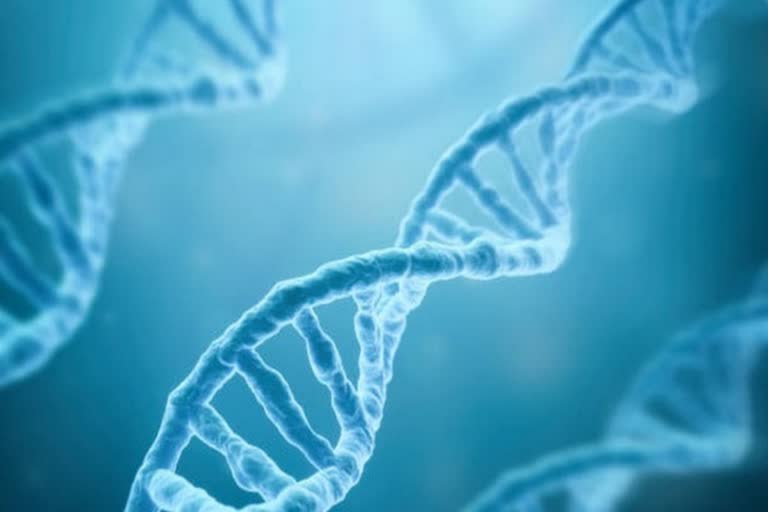New Delhi: Scientists have identified genes inherited commonly across addiction disorders, regardless of the substance being used, which could help reveal new treatment targets across multiple substance use disorders, including for those diagnosed with more than one. The international team of scientists, led by those at the Washington University in St. Louis, US, has accomplished this by combing through genomic data of over 1 million people, one of the largest of its kind, they said in a study.
The study also reinforced the role of the dopamine system in addiction, by showing that the combination of genes underlying addiction disorders was also associated with regulation of dopamine signalling. It is published in the journal Nature Mental Health. Substance use disorders are heritable and influenced by complex interactions among multiple genes and environmental factors.
Genome-wide association, a data-rich method, has emerged to try to identify specific genes involved in certain disorders in recent decades. This method involves searching entire genomes for regions of genetic variation, called Single-Nucleotide Polymorphisms (SNPs), that associate with the same disease, disorder, condition, or behaviour among multiple people.
Alexander Hatoum, lead author of the study, and his team employed genome-wide association to pinpoint areas in the genome associated with general addiction risk, as well as the risk of specific substance use disorders - namely, alcohol, nicotine, cannabis, and opioid use disorders. The study sampled 10,25,550 individuals with genes indicating European ancestry and 92,630 individuals with genes indicating African ancestry.
The scientists discovered various molecular patterns underlying addiction, including 19 independent SNPs significantly associated with general addiction risk and 47 SNPs for specific substance disorders among the European ancestry sample. "Using genomics, we can create a data-driven pipeline to prioritize existing medications for further study and improve chances of discovering new treatments," said Hatoum, a research assistant professor at Washington University.
The study also found that the strongest gene signals consistent across the various disorders mapped to areas in the genome known to control regulation of dopamine signalling. The observation suggested that genetic variation in dopamine signalling regulation, rather than in dopamine signalling itself, is central to addiction risk.
Also read: Study reveals higher risk of early death varies based on different factors in epilepsy
Compared to other genetic predictors, the genomic pattern identified here was also a more sensitive predictor of having two or more substance use disorders at once, the study said. The genomic pattern also predicted higher risk of mental and physical illness, including psychiatric disorders, suicidal behaviour, respiratory disease, heart disease, and chronic pain conditions. In children aged 9 or 10 years without any experience of substance use, these genes correlated with parental substance use and externalizing behaviour.
"Substance use disorders and mental disorders often co-occur, and we know that the most effective treatments help people address both issues at the same time. "The shared genetic mechanisms between substance use and mental disorders revealed in this study underscore the importance of thinking about these disorders in tandem," said National Institute of Mental Health (NIMH) Director Joshua A. Gordon.
Genomic analysis in the African ancestry sample revealed one SNP associated with general addiction risk and one substance-specific SNP for risk of alcohol use disorder. The dearth of findings here underscores ongoing disparities in data inclusion of globally representative populations that must be addressed to ensure data robustness and accuracy, Hatoum and co-authors note.
While Hatoum and colleagues have identified a genetic pattern indicating broad addiction risk, they noted that substance use-specific diagnoses still have meaning. "Together the findings of alcohol-specific risk variants and common addiction-related variants provide powerful support for individualized prevention and treatment," said National Institute on Alcohol Abuse and Alcoholism (NIAAA) Director George F. Koob.
There has been limited knowledge of the molecular genetic underpinnings of addiction until now. Further, most clinical trials and behavioural studies have focused on individual substances, rather than addiction more broadly, the study said. "Our hope with genomic studies is to further illuminate factors that may protect or predispose a person to substance use disorders," said Director of National Institute on Drug Abuse (NIDA), Nora Volkow. (PTI)



